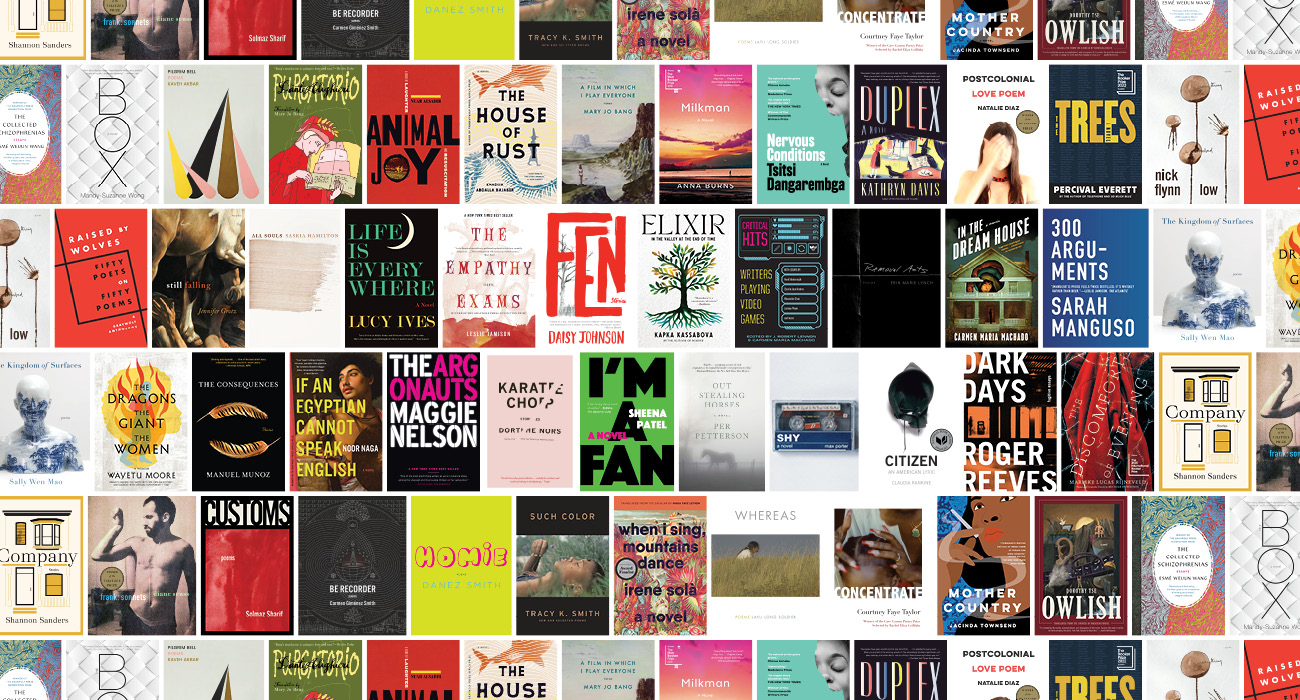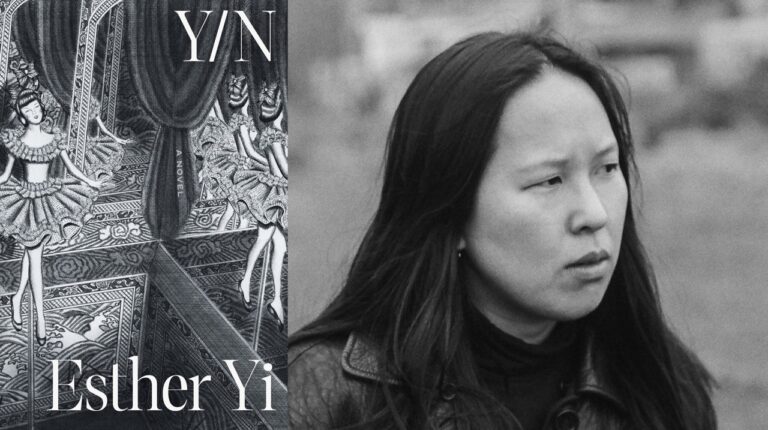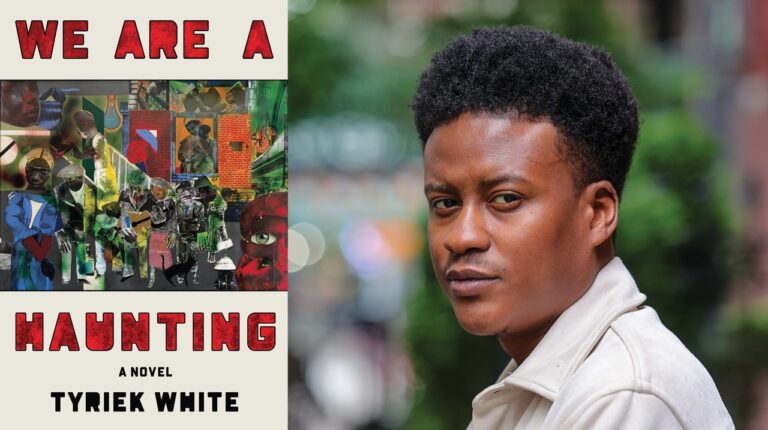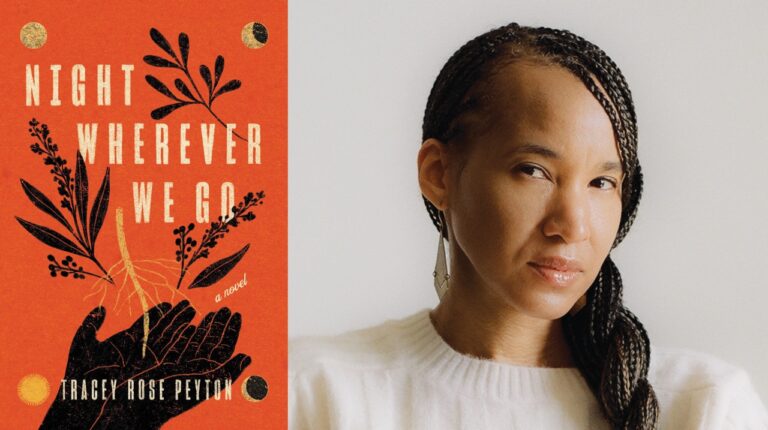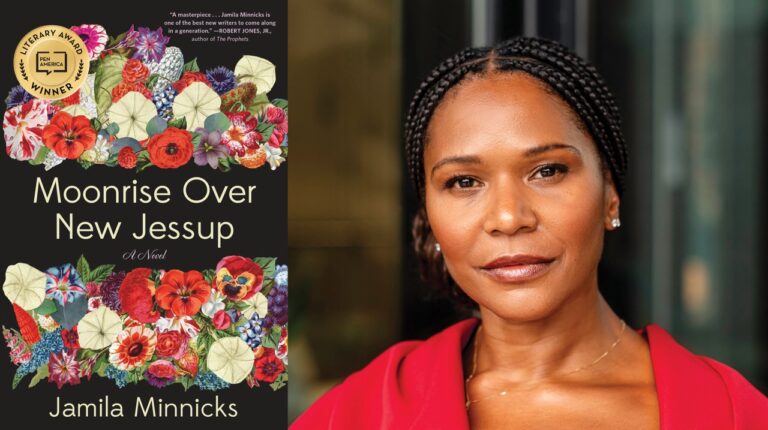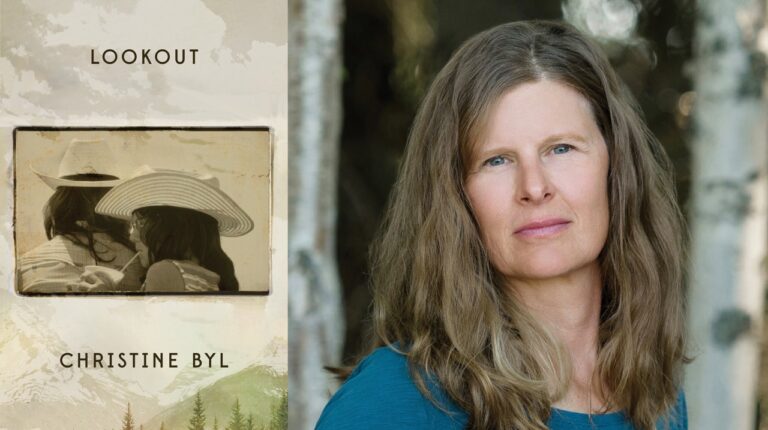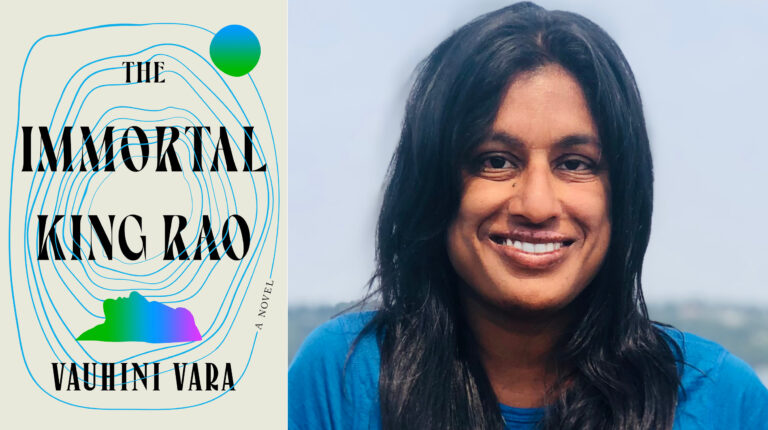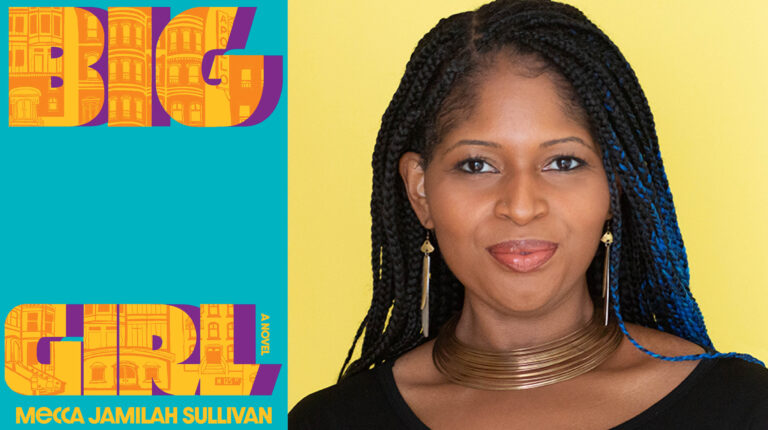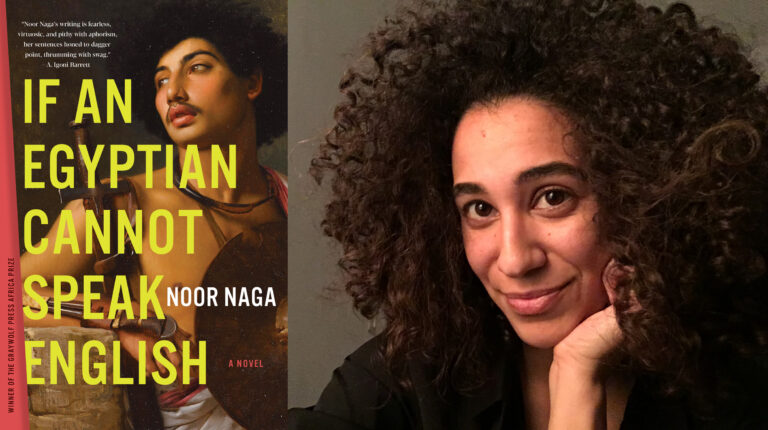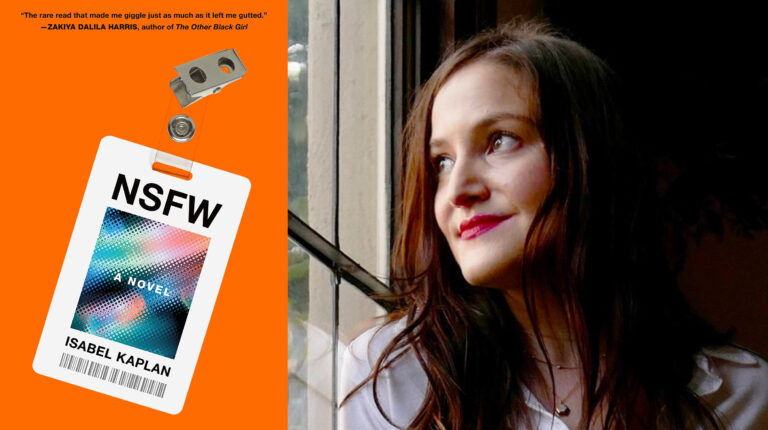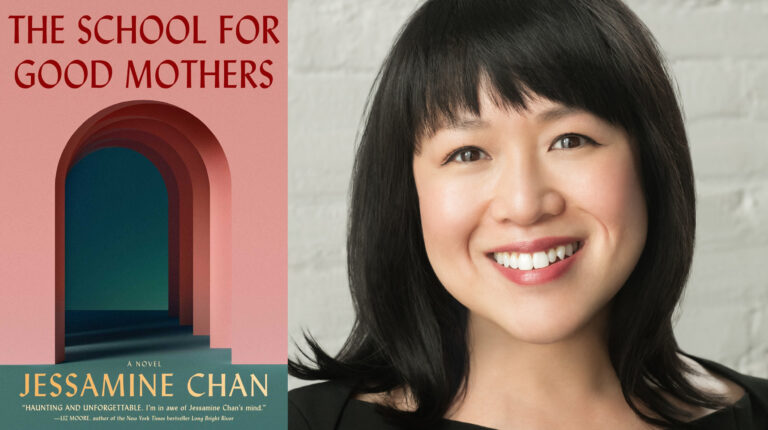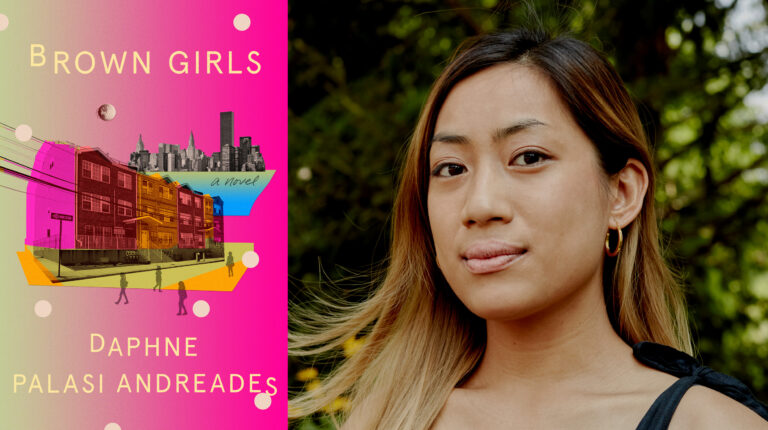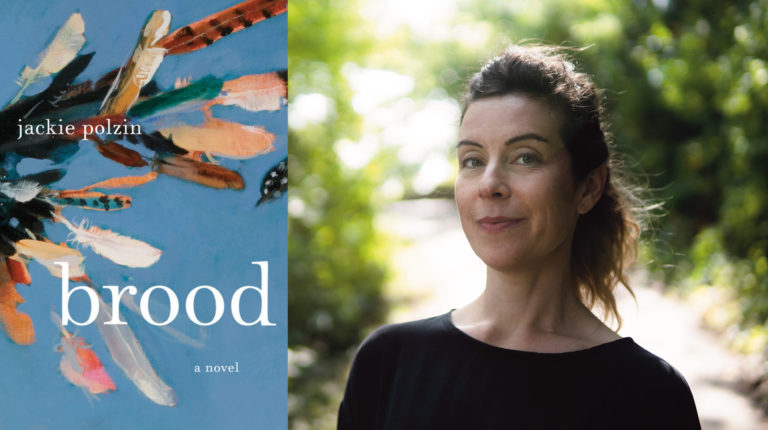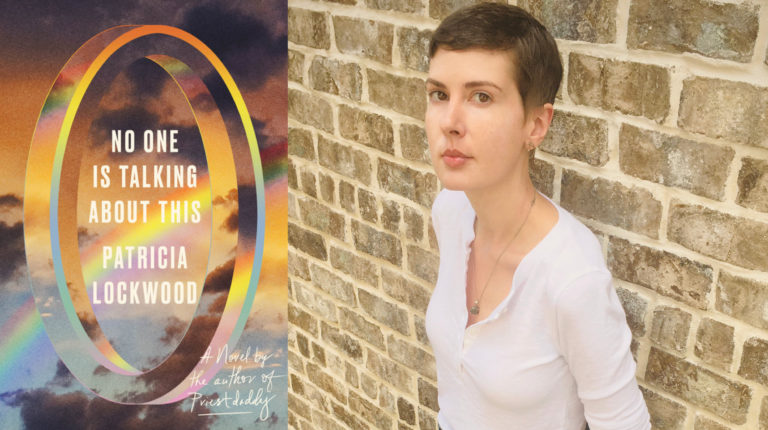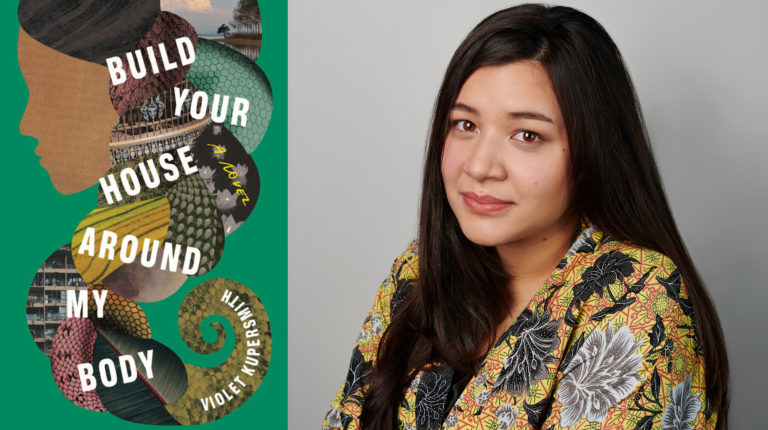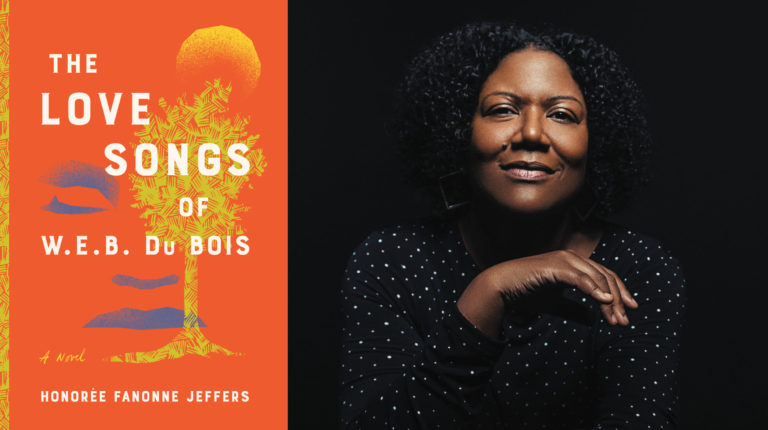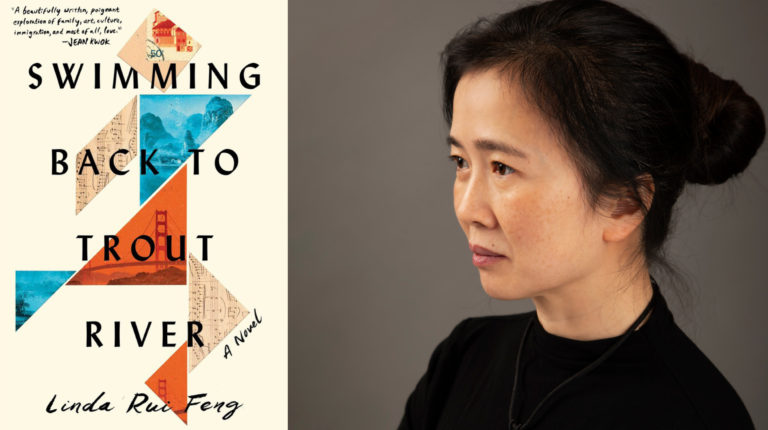November 27, 2023
This year, The Center for Fiction will award the Medal for Editorial Excellence to Graywolf Press at our Annual Awards Benefit. Celebrating its fiftieth anniversary in 2024, Graywolf is one of the nation’s leading nonprofit publishers, championing outstanding writers at all stages of their careers to ensure that adventurous readers can find underrepresented and diverse voices. We sat down with Director and Publisher Carmen Giménez and Editorial Director Ethan Nosowsky to hear more about their vision, history, and life in publishing.
How would you describe Graywolf’s editorial voice? What makes someone a Graywolf writer?
Giménez: We don’t have a template or a pre-existing idea of who or what a Graywolf author is—we’re committed to letting the work guide us.
Nosowsky: Right–whenever we look at a submission we’re trying to learn what a Graywolf book is or might be. We try to be receptive to what we’re seeing and perhaps we hope to reinvent ourselves with every book that we publish. One thing that we all look for as editors, but probably each of us defines individually, is the sense of being surprised by what we’re reading. We want to be challenged by the work. If it can be easily compared to something else out there then perhaps it’s not important for us to pursue. Maybe there’s a good home for that work elsewhere.
Are there any risks you’ve taken in the past with a manuscript that you’re particularly proud of?
Nosowsky: Sometimes the risk we take is being patient, because a lot of good and important books aren’t recognized immediately in terms of sales or awards or even underground reputation. In a way, you could say that a risk doesn’t happen in the moment but it happens over time. I think of a writer like Percival Everett, who we published for many years, where the risk was letting him keep doing what he does and waiting for the culture to catch up.
Giménez: And sometimes the risks are in terms of category: we’re hoping to pursue more contemporary translation from countries that aren’t already well-represented. We recently acquired the work of a young queer Peruvian poet named Tilsa Otta who writes weird transgressive edgy poetry, and it doesn’t quite fit into any aesthetic container that would be a) discernible as a Graywolf book and b) discernible in the world of poetry. We’re excited about the risk that it represents, and the pivot that it announces about what we do.
What are your goals with the authors you take on? As a nonprofit, are you aiming for something beyond commercial breakouts?
Giménez: As an independent nonprofit press, the philanthropic support we get from individuals and organizations allows us to take our time with books, to take risks with books, to really put some muscle behind getting the books in people’s hands. We risk failure, but the exciting possibility of risking failure is smashing success. Several of our smashing successes are books that many publishers had rejected in manuscript. It’s a combination of vision and also editorial commitment to books that maybe need a little bit of a longer touch with an editor. Being commercially successful doesn’t have to be a guiding principle for us as a press and that’s such a unique gift for our staff.
How would you say that independent presses, and Graywolf specifically, help shape the overall publishing landscape?
Giménez: I heard someone joke that small presses are like the R&D division of larger presses. To me, it’s an entry point for an author to have a trusting conversation that helps develop their work and bring it forward without the insane commercial pressure that might come with a larger press. However big your advance is, that’s how big the expectations are. So few books actually earn out and that can be demoralizing to an author, and can also really limit the risks they’re going to take. What would have happened if Kafka were trying to earn out a million dollar contract? But then look at Virginia Woolf, she had a small press that made it possible for James Joyce to exist. Modernism as we know it wouldn’t exist if it weren’t for small presses stepping in and taking aesthetic risks. These exciting moments in literature are important to memorialize and to bring into the world for their transformative power, and that’s really where independent presses do the work. We have to see that enduring influence and aesthetic impact is as valuable as selling a million copies of a book.
Nosowsky: There’s also a community of independent presses that feels distinct from the kind of dog eat dog world of big publishers. When some large award releases their list of finalists and the independent presses are well-represented, you’ll see many of them saying, “Look at all of our fellow indies on this list!” We all celebrate the overall project that independent presses engage in, and that feels unique and wonderful.
I’m wondering if you’ve noticed a difference in the kinds of stories that are being told and the way stories are being told in your time at Graywolf. How would you say fiction has changed over the years?
Nosowsky: One word that kept coming up in a strategic planning conversation we had this morning was “responsiveness.” A poet once said that the emotions and struggles that get written about across millennia never really change, but the forms and stories that can express them need to be new. But the essential thing, how we move through the world and how we feel through and in the world, doesn’t really change.
That said, when I was young, writers often seemed to divide themselves into schools. You were either a traditionalist or an experimentalist. I think we’re in a fantastic magpie moment where you don’t have to choose. The most interesting writers grab whatever tool is needed and if that’s a tool of realism, great, use it. And if on the next page you need something that explodes the frame, great do that.
Giménez: An important element of Graywolf’s catalog is the growing influence of and interest in translated and international literature. There’s a kind of cultural permeability happening now that I think is vital. Our readers are really moving beyond what we do here in the U.S. When we go to other cultures we can find something that might help us understand something about our future, or see more clearly something about our past, as well as that common experience of being human. As we see in any historical moment, we often dehumanize the other and I think the way in which international literature is becoming more and more a part of the national discourse helps to undo some of that.
And how have you noticed that publishing has changed over that time?
Nosowsky: I’m going to say something everybody knows. Obviously, conglomeration has increased. I’ve been in publishing for about 30 years and conglomeration is both shrinking the variety of the publishing landscape, the bookselling landscape, and the media landscape. But that is complemented, or balanced, or contradicted by the profusion of ways for people to get their voices heard, which can range from social media to self-publishing, not to mention the explosion of small presses.
Giménez: One exciting thing for the small press resurgence has been digital printing, which is maybe not quite as revolutionary as the printing press but it is very significant move because it democratized access to producing literature and exerting cultural influence. You could have $300 in your pocket and become a publisher. And that created space for all of these voices that are now coming through. You can find anything you want, and so literature keeps renewing itself.
What are your hopes for the future of Graywolf Press?
Nosowsky: We’ve been talking a lot about how perhaps growth isn’t necessarily one of our goals, it isn’t bigness for the sake of a culture that demands bigness.
Giménez: Yeah, we want to stay the same, which is to continue to be different. What makes Graywolf Graywolf is being active, being interrogative, being curious, being prescient and loving literature.
Nosowsky: We also want to sustain our collaborative culture. We were so touched that this award was being given to a press rather than an individual for the first time, and I do think it speaks to a quality that we talk a lot about at Graywolf, which I think is also typical of many small presses.
Giménez: And there are so many layers of collaboration. It starts with the editors who trust each other, when one says, “This book is crazy, I want to publish it,” and the rest are like, “yeah go for it.” If you come to a manuscript with an open heart, even if it’s not your cup of tea, you’re able to collaborate with the editor who’s excited about it and give them useful feedback. Then there’s the collaboration with the author that’s also very meaningful; it’s such an intimate ongoing conversation. And we also collaborate with our marketing folks, our sales folks, who help put the books in the hands of readers, because they are as passionate about our books as our editors are. This award is as much for the rest of the team as it is for the editors.
Interview conducted by Abbie Martin Greenbaum.
